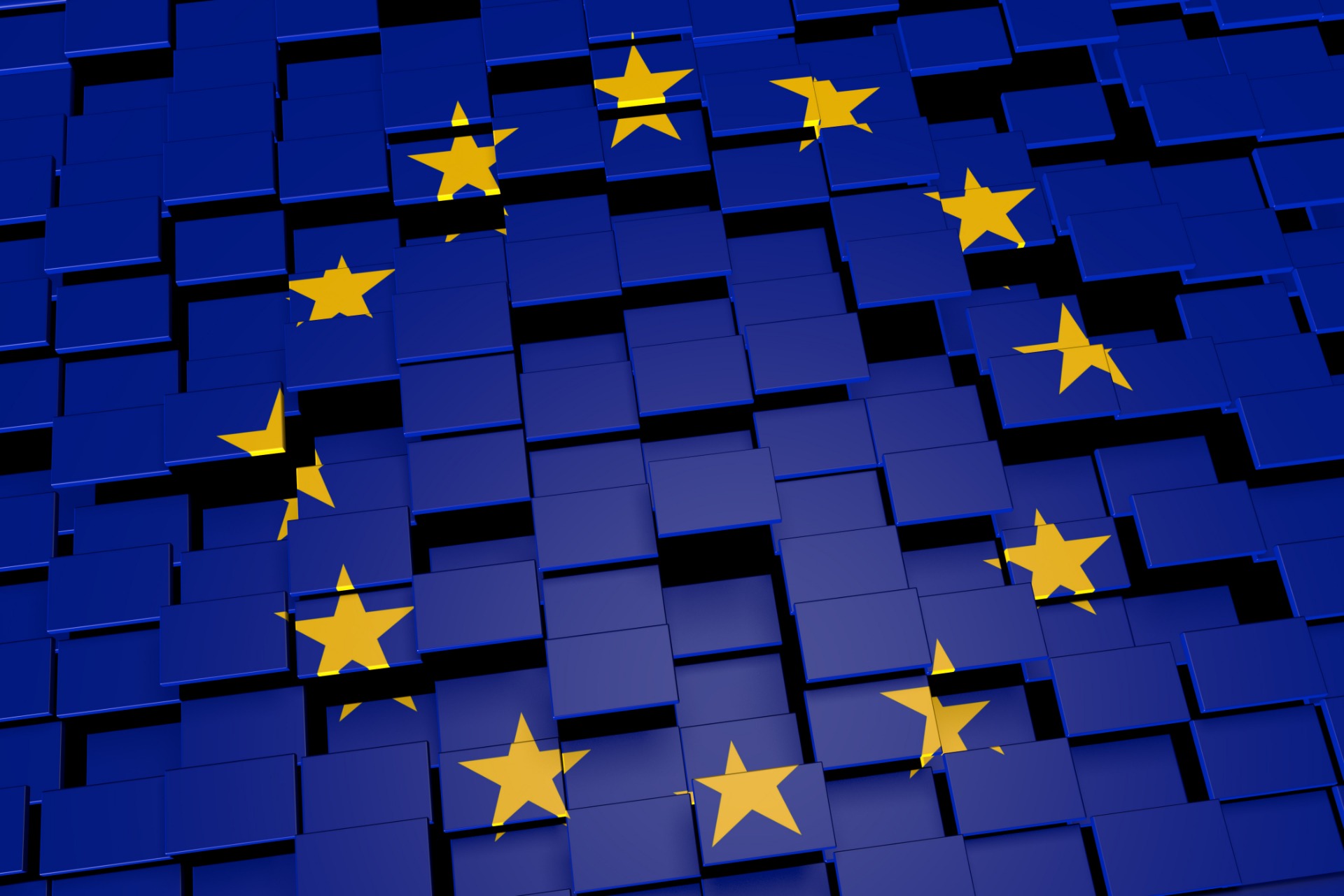
A whopping 60% of businesses use video as a marketing tool. Intrigued? Well, stick around, because we’ve got 7 more statistics that show why your brand should seriously consider video marketing.

As businesses, we have a duty of care towards our surroundings too. What can your company do to actively emulate eco-friendly countries? What strategies can you implement to help Britain meet its ambitious targets?
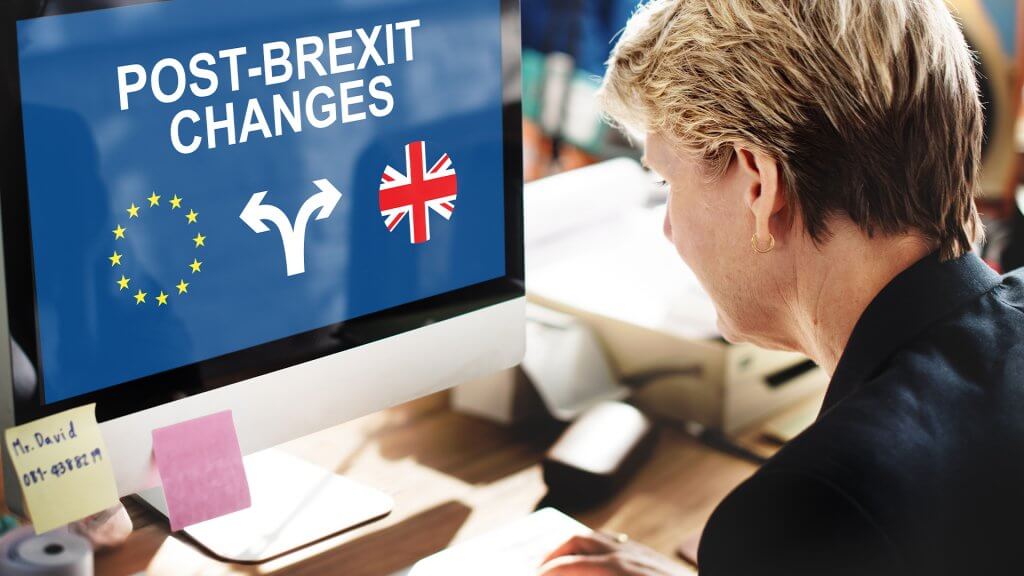
31st January 2020 ‒ when the UK officially left the EU, though the transition period did not end until 31 December of that year ‒ seems like a lifetime ago. In this article, we take a look at the public sector bodies that have been hit hardest by Brexit.

Music festivals help mark the beginning of spring and summer. They allow us to retreat from society, entering a world teeming with melodies and (hopefully) sunshine. In other words, whether you’re searching for a family retreat or a weekend away with friends, music festivals are escapism at its finest.

Keep reading for five signs your team isn’t communicating effectively, and what you can do to remedy it.

Inflation in Europe is at its highest level in 13 years. According to the European Central Bank (ECB), inflation in February was 5.1%.
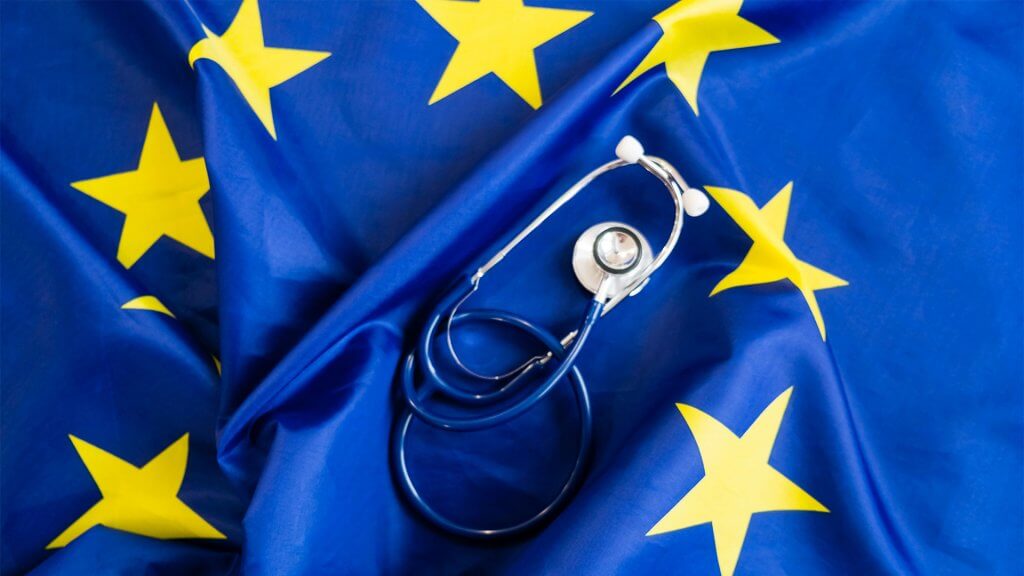
The global health crisis has exposed the imbalances and shortages that the European healthcare sector faces. As we build a post-pandemic world, Europe needs more medical professionals than at any time in its history.
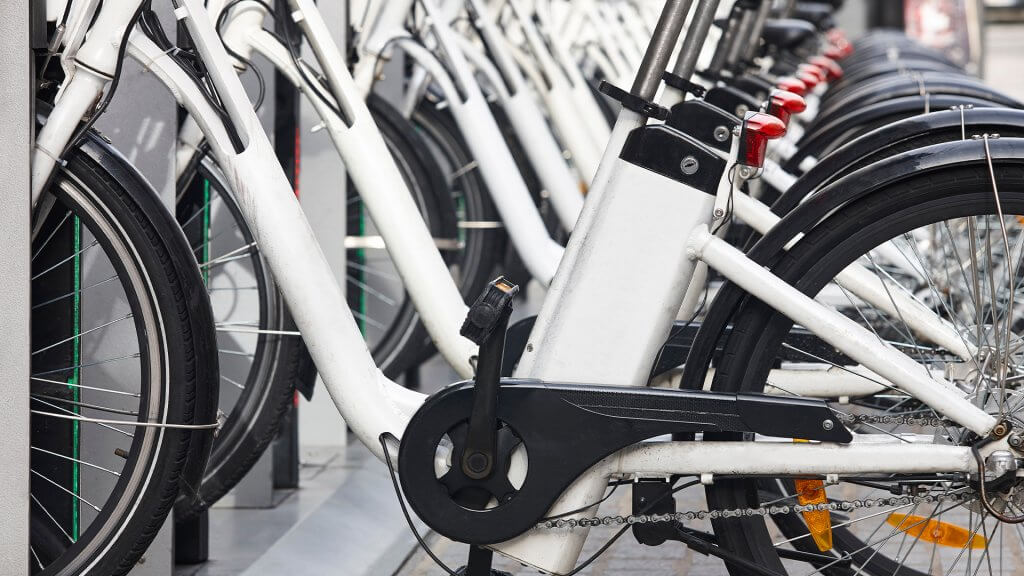
Electric bikes are becoming more and more popular in the UK, and people are eager to learn the ins and outs of operating one. Here is how to charge your electric bike on the go and make the most of your waiting time.
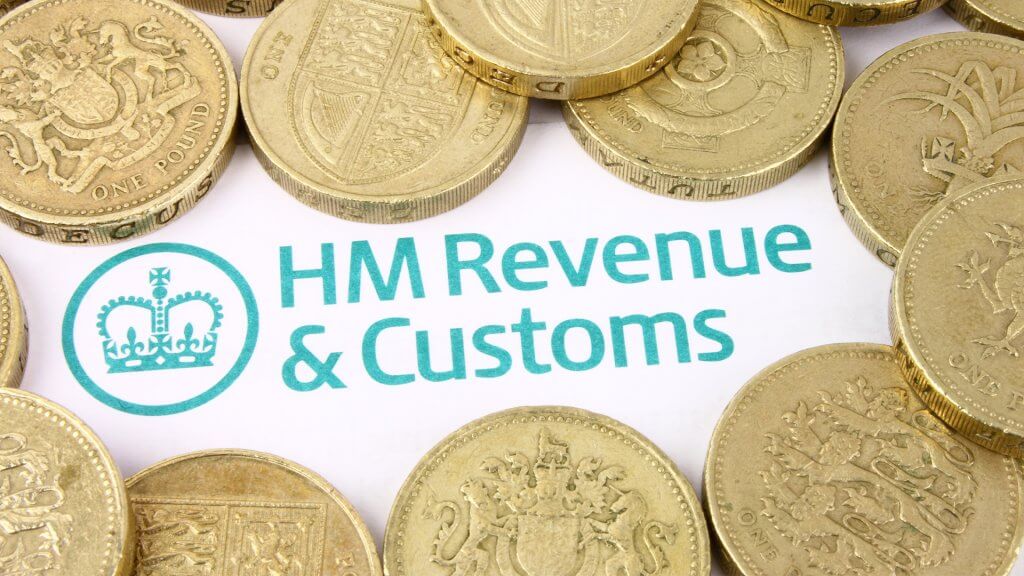
Those who pay their council tax via direct debit will receive the rebate automatically sometime in April, but those who don’t will need to wait for their council to contact them and then apply for the rebate. Exact details for this have not yet been issued.

Buying a place in which to settle down and make precious memories is arguably a significant milestone in one’s life. With that in mind, this article lists five different approaches that could help remedy the current housing situation.

As Russia’s aggressive attack on Ukraine persists, the past week has made it more apparent than ever what profound impact informational warfare has in shaping public opinion on the invasion and pressuring entrepreneurs and companies to act.

Here, we take a look at the rise in popularity of hands-on roles filled by women over the years, delineating both the benefits of physical professions and the future of female tradespeople.
